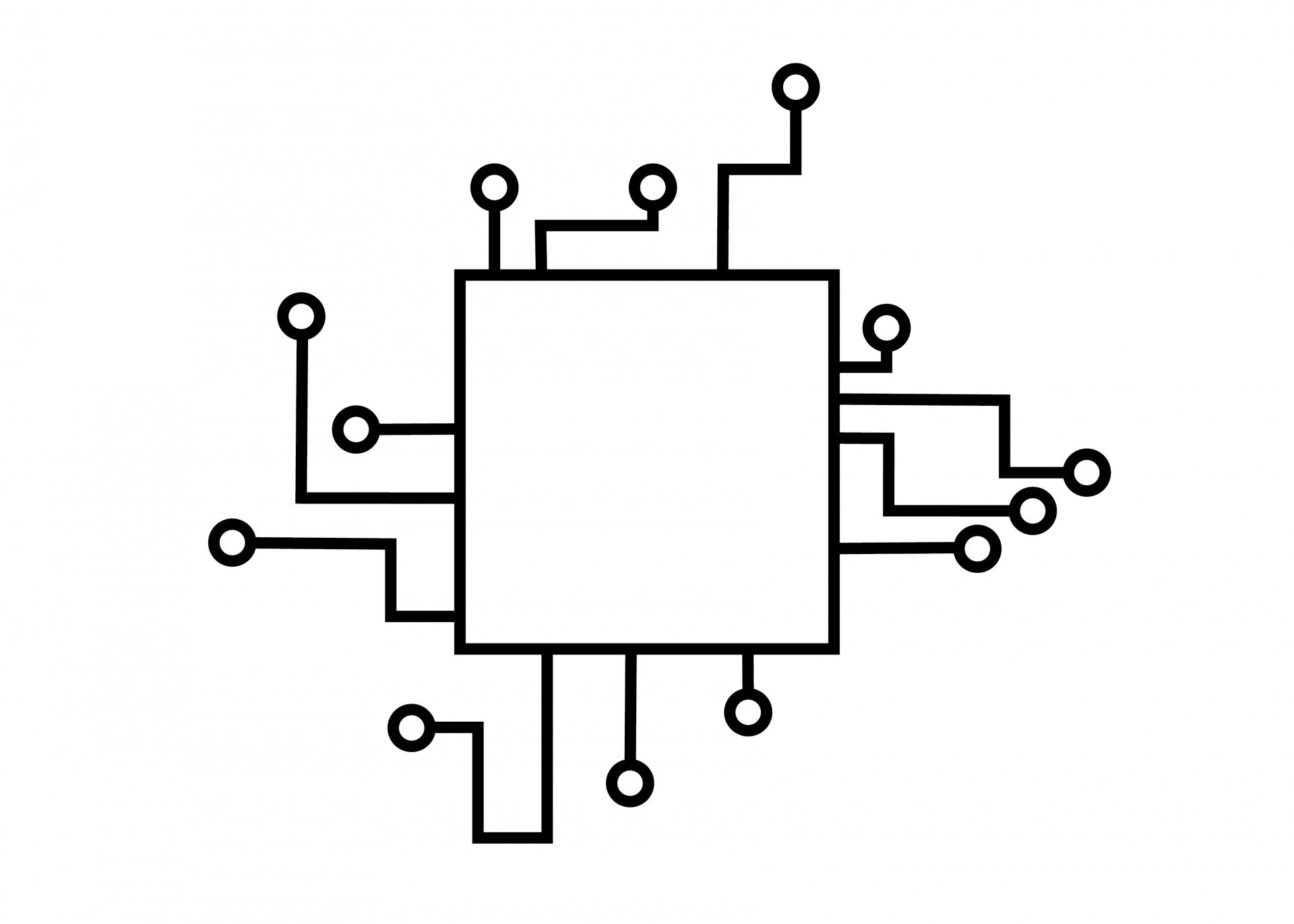One of the first papers by a serious physicist I’ve seen that is modeling their work on the premise of being in a simulation:
It has long been theorized since Euclid’s study on mirrors and optics that as the most fundamental law of physics, all nature does is to minimize certain actions. But how does nature do that? The machine learning and serving algorithms of discrete field theories proposed might provide a clue, when incorporating the basic concept of the simulation hypothesis by Bostrom. The simulation hypothesis states that the physical universe is a computer simulation, and it is being carefully examined by physicists as a possible reality. If the hypothesis is true, then the spacetime is necessarily discrete. So are the field theories in physics. It is then reasonable, at least from a theoretical point of view, to suggest that some machine learning and serving algorithms of discrete field theories are what the discrete universe, i.e., the computer simulation, runs to minimize the actions.
- (relevant paragraph from the paper)
The central hypothesis of a discrete spacetime is rather conservative of a leap, but the looser hypothesis which is hinted at here (and one that’s very much been on my mind recently) is the notion that machine learning is behind aspects of natural processes.

